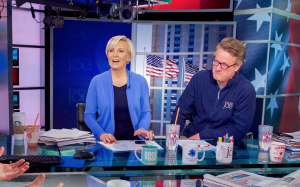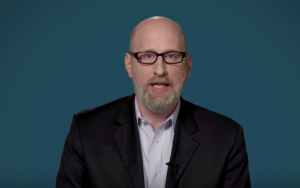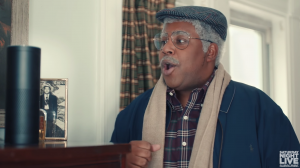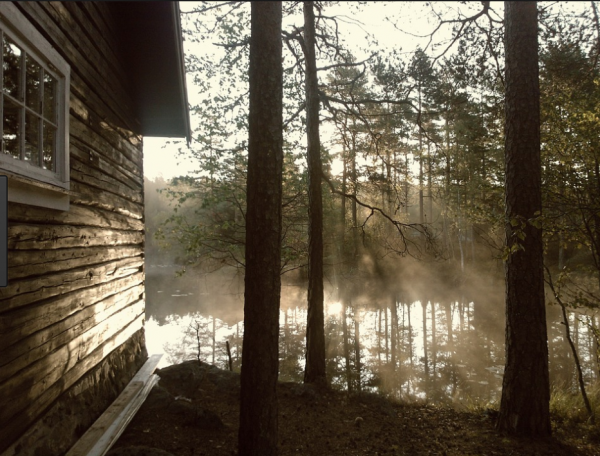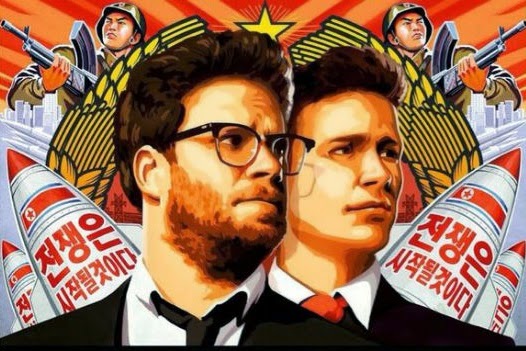
I’ve found the entire Interview cancelation fiasco deeply disturbing. It’s one story if Sony faced a vague threat and canceled the movie in a panic, a cancellation that would also have the collateral effect of perhaps appeasing the hackers and preventing the further release of damaging e-mails. But the collapse of will here was far more systematic. It wasn’t just Sony. Every major theater chain pulled out. Major online streaming services indicated they wouldn’t run it. Another studio, Paramount, canceled the small-scale screenings of an entirely separate film, Team America: World Police, a movie that’s been viewed countless times in theaters and online without incident.
Particularly disheartening is the fact that the cancellation came from corporations that have gained enormous market share precisely because they’re very, very good at determining what the American consumer wants. Was this corporate cowardice, or were the corporations reacting to years of accumulated information and experience about the American movie-goer? I think it’s a combination of both.
Regarding corporate cowardice, the irony is that we’re talking about an industry that routinely applauds itself for “speaking truth to power” or for it’s own “courage” when it makes films that their fellow progressives love but might anger a few people in Tennessee and Alabama. It’s not courage when you seek the acclaim of your peers at the expense of the feelings and mores of people who will do no more than publicly criticize your product. So, now, in the face of a miniscule “real” threat, we see the stuff Sony and Paramount are made of. And it is weak stuff indeed.
But that’s only part of the story. Unrepresentative tweets and Internet comments to the contrary, I think to the extent that people were even aware of the threats, they would be more likely to steer away from the movie (and theaters that showed it) than they would be to defiantly attend. The Wall Street Journal’s James Taranto is exactly right (and he quotes NRO’s own Charles Cooke):
Given the choice between the risk of a ruinous loss and even the certainty of a small one, most people will opt for the latter; thinkers from Blaise Pascal to Daniel Kahneman have recognized as much. And with few theaters willing to screen the film, Sony could hardly be expected to release it on schedule—though one suspects the studio’s execs were relieved to have the excuse.
There is of course another injury here—to America’s character as “a resolute and free people,” as National Review’s Charles Cooke puts it. But that loss is an abstract and diffuse one, not the sort of thing for which ordinary people risk life or livelihood except in conditions of emergency.
Free speech may be a value people broadly support, but they also take it completely for granted, giving it zero thought in their daily lives. If they hear about a terrorist threat at a movie theater, their first thought is not necessarily, “I’ll go to the movie as an act of defiance,” it’s more like, “Let’s go out to eat instead.” A critical mass of Americans are not necessarily going to see the meaning and purpose of enduring even the slightest risk for a raunchy comedy.
But here’s the problem: Timidity is habit-forming. Most people like to think of themselves as the kind of person who will do the right thing when the stakes are high, but we can go through most of life without encountering truly high-stakes challenges to our courage and integrity. Instead, we tend to do the easy thing again and again, blissfully unaware that each easy step erodes just a bit more of our character. As I raise my three kids, I think often of Luke 16:10: “One who is faithful in a very little is also faithful in much, and one who is dishonest in a very little is also dishonest in much.” Sony took the easy out, and so did a host of other companies.
The right response to North Korea’s vague threats (and, let’s be honest, when is North Korea not making threats?) was easy: Beef up police presence at theaters to show that we take protecting our citizens seriously, donate a portion of the movie’s proceeds to humanitarian relief for North Koreans fleeing oppression, and celebrate our liberty in a small but meaningful way by seeing a movie — if you can stomach the raunch — that features the one thing that irritates self-proclaimed god-kings the most, pure mockery.
But if the right thing was easy, Sony and a host of other companies saw capitulation as easier still. That’s certainly dispiriting, but the thought that they might be accurately reading their customer base is the most dispiriting thought of all.
Read more on the Patheos Faith and Family Channel and follow David on Twitter.
This article first appeared here on National Review.


